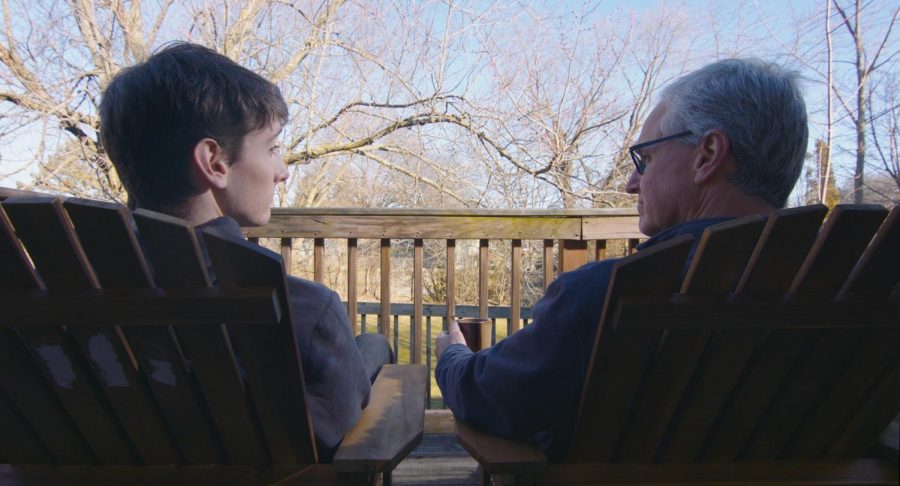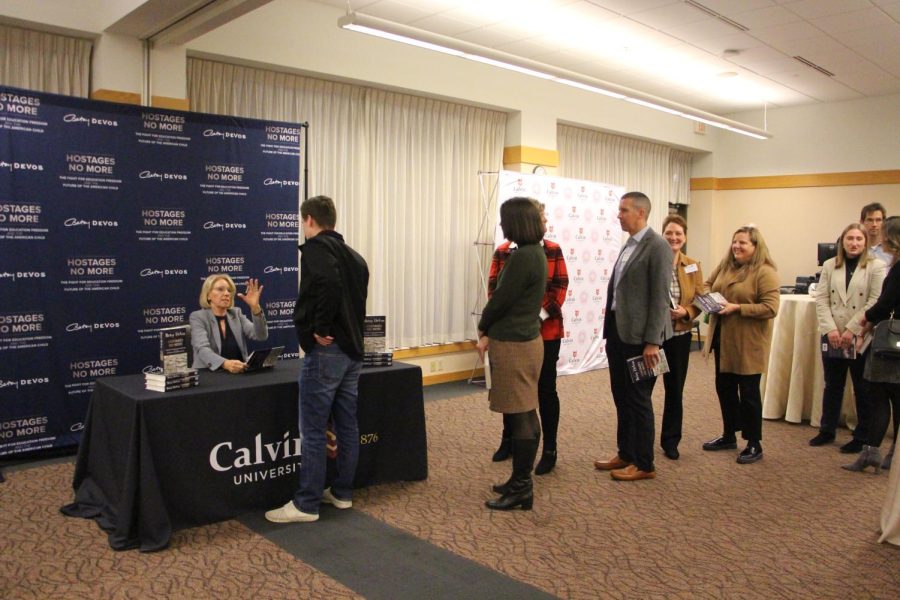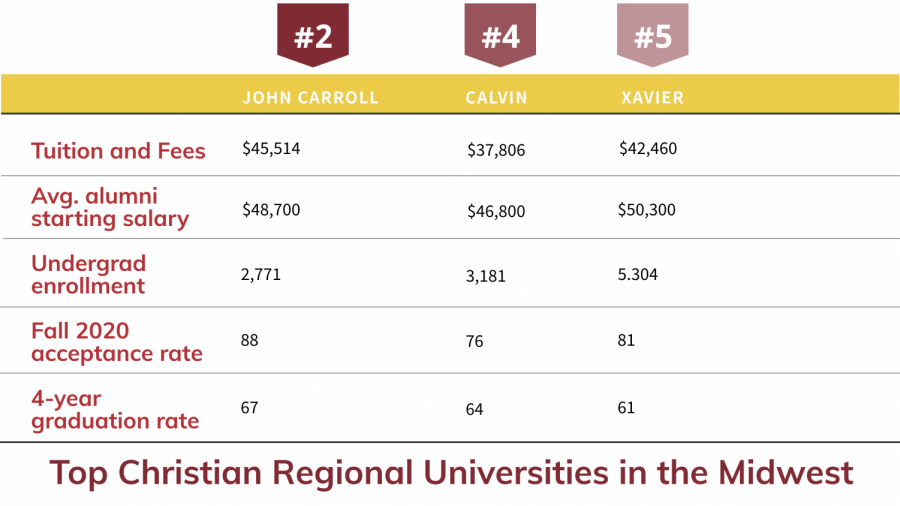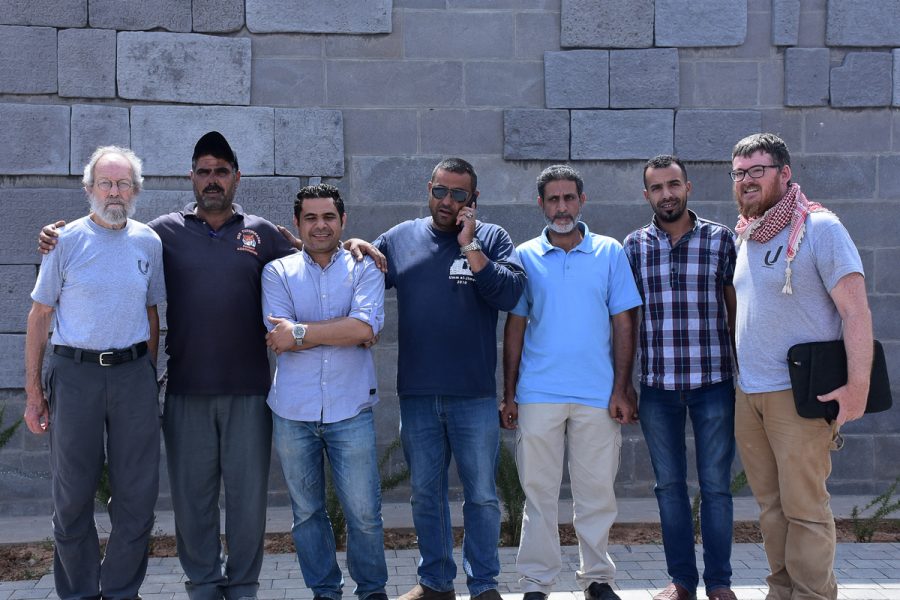Helping around your community is a way to make a difference. Calvin College has partnered with the city of Grand Rapids doing just that with the help of students around campus.
Last year, Calvin became a part of the nationwide program known as The Food Recovery Network. This network unites students on college campuses to fight waste and feed people by taking the surplus unsold food from their colleges and donating it to hungry Americans in a local community.
The Food Recovery Network was founded in 2011 and is now featured in 21 states at 41 colleges recovering over 250,000 pounds of food. By 2018, the Food Recovery Network aims to be on 1,000 campuses recovering 10 million pounds of food.
This program was brought to Calvin’s campus by sophomore Cameron Kritikos when he saw all the food being wasted as he worked at Knollcrest dining hall. Volunteers would get together, gather food from both dining halls and bring it to the Supper House, a local shelter here in Grand Rapids.
Kritikos and his friend Ana VanLonkhuyzen have known the director of the Supper House for a long time and thought it would be a great place to start.
“The director was making food for all these people by herself,” VanLonkhuyzen explained. “This would be a good way to really help people. Aside from helping the community, getting involved
with the Food Recovery Network is a good way to meet peers around campus. It’s awesome to meet people willing to help in any way that they can.”
A year later, the network is still growing. Along with the Supper House, places being served by Calvin’s Food Recovery Network include Safe Haven, Matthew’s House, South End and Degage. The Calvin volunteers serve the food to the members of the shelters after they deliver the food from campus.
“We had a table at Cokes and Clubs and have featured posts in Student News, but our biggest way to make this known is the use of word of mouth,” said VanLonkhuyzen. The amount of volunteers varies from week to week, yet the committee is pleased with whatever turnout they get. It is a great way to get connected with community partnership. If students are interested in getting involved, they can contact Kritikos via email at [email protected].
The Food Recovery Network committee hopes to keep this program growing. Anyone is welcome to help out.
“It’s an amazing way to serve God and serve other people,” said VanLonkhuyzen. “We have been blessed beyond anything we could have ever imagined.”








